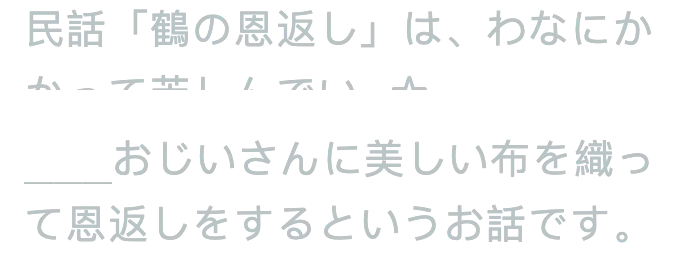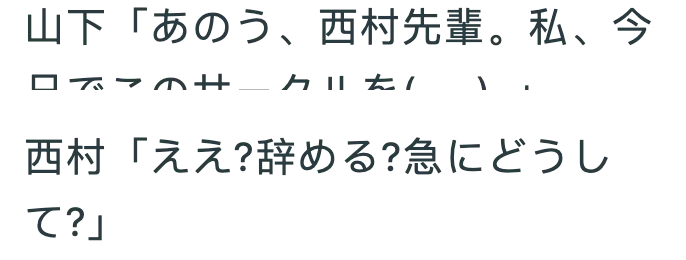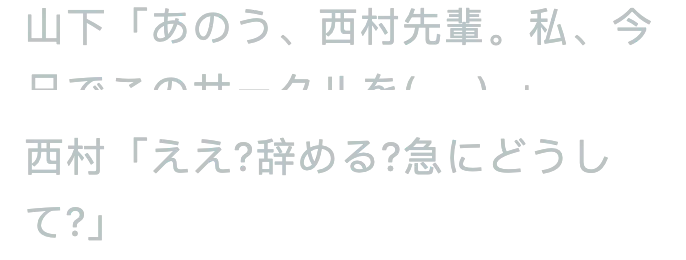1-0009 

1-0009 

- The folktale of the crane repaying his kindness tells the story of the crane, who suffers from being caught in a trap, being saved by an old grandfather, and the crane repays his kindness by weaving gorgeous fabric for the old grandfather.
- Correct ordering: 2314
- Knowledge:This question focuses on the usage of 「ところを」, succession: 「動詞辞書形+ところを」:正..... when it indicates that for the progress of the state shown by the preceding verb, the following verb stops or hinders the progress of the preceding action or thing. Thus option 2 should be followed by "苦しんでいる", which describes the subject of "鶴".
2-0010 

2-0010 

- The Future Creation Contest, a contest launched by ABC on the occasion of the company's 50th year of existence in order to give children a taste of the joy of creation, is celebrating its 20th year this year.
- Correct ordering: 1342
- Knowledge Point: Option 3 means to make... Experience the joy of creation, the front needs to be connected to the object of the action, only option 1 is suitable. Therefore, option 13 is bound. Option 4 ends with a noun to be attached to the latter item of 始めた, and according to its meaning, only option 2 is suitable, and that is the competition that started on the occasion of the 50th year of the company's founding.
3-0011 

3-0011 

- So simple that there is no need to ask you specifically to clarify it for us.
- Knowledge point: 「~てもらう」 denotes to ask someone to do something for oneself, so 3 and 1 are connected together. 「までもない」indicates a light degree, which translates as there is no need ...... There is no need ...... Therefore, 4 and 2 should be connected together. According to the meaning of the sentence, the correct order is 3142.
4-0012 

4-0012 

- Yamashita: That, Nishimura-senpai, can I quit the club today?
- Nishimura: Huh? Quit? Why all of a sudden?
- This question examines the use of "動詞ない形+(さ)せる"(动词使役形) and the subsequent "もらう"(授受形).
- "(さ)せる" is in the imperative tense, and "てもらう" is used when I ask someone to do something for me, when I ask someone to let me do something.
- To ask for permission to do something, "「「させてもらう」means to ask for permission to do something, and it contains the meaning of self-effacement.
5-0013 

5-0013 

- Sewer construction will inconvenience you. Please understand.
- Itashitaku: A self-effacing term for "shimasu".
- Itadakitaku: A self-effacing term for "morao".
- Poorly: self-effacing term for "あげる".
- Shinshiあげたく: Self-effacing word for "言う"("言う")










